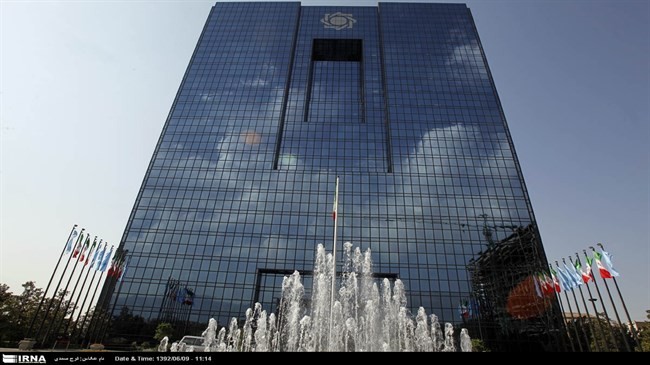Government determined to rebuild economy

Iran’s government, which is seeking to improve the country’s economy, has decided to focus on foreign exchange rate and banking interest rate after it managed to bring down inflation rate under 15 percent.
The decision was made after Iran increased trade level with the world in the wake of the historic nuclear agreement that resulted in termination of anti-Iran sanctions. On Saturday, President Hassan Rouhani said Iran must unify multi-tiered foreign exchange rate and cut lending interest rates as part of post-sanctions plan to prop up the economy, Press TV reported. “Forex rate must be unified next [calendar] year (starting March 21) so that stability in the market will be bolstered and corruption will be stopped,” Rouhani told a banking forum. He stressed the necessity of cutting lending interest rates, saying: “After the administration curbs inflation and [cuts it to] a single-digit rate, high banking interest rate would be incorrect and will harm the economy.” Rouhani said Iranian banks have to step up their efforts in favor of national economy now that international sanctions have been lifted on Iran. Interest rates offered by Iranian banks are set at 20% for long-term deposits and at lower floating rates for short-term accounts. Iran’s national currency, the rial, has been traditionally traded at two rates one being traded by CBI and the other one set by money changers. The rial depreciated 60% against the US dollar since the end of 2011 during the administration of Mahmud Ahmadinejad because of mismanagement. Governor of the Central Bank of Iran (CBI) Valiollah Seif said last month that $28 billion of Iran’s unfrozen assets would go to the Central Bank and $4 billion will be transferred to the state treasury as the share of the government. Rouhani also said that his administration’s “financial and monetary discipline” has contributed to curbing the country’s runaway inflation rate. Iran’s post-sanction economy is also experiencing a boom. Country’s first vice president said on Saturday Iran’s oil exports will reach 1.5 million barrels per day (mb/d) next month as Tehran moves to benefit from sanctions relief. “Today, our oil exports have reached 1.3 mb/d, which will reach 1.5 mb/d by” March, Es’haq Jahangiri said. He added that Iran will be exporting 2 mb/d of oil in the next calendar year starting on March 21. “Oil exports enhancement was among opportunities created by the JCPOA (Joint Comprehensive Plan of Action)…Iran has to preserve its share in the global oil market,” added Jahangiri. JCPOA refers to Iran’s landmark nuclear accord with six world powers. CEO of National Iranian Oil Company (NIOC) Rokneddin Javadi also said on Saturday Iran is loading 4 million barrels of oil for shipment to France, Russia and Spain, the first delivery to European buyers since sanctions were lifted on the country. “Within 24 hours, four million barrels of Iran’s crude oil will be loaded on three tankers destined for Europe,” Rokneddin Javadi. He added that France’s energy giant Total will take delivery of 2 million barrels and the rest will go to refiners in Spain and Russia. “For the first time after [the implementation of] JCPOA, Iran’s oil delivery to Europe is formally getting underway,” said Javadi.